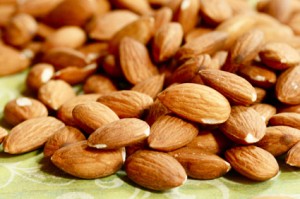 Vitamin E acts as an antioxidant in the human body, protecting from damage caused by free radicals.
Vitamin E acts as an antioxidant in the human body, protecting from damage caused by free radicals.
Cell membranes are made primarily from lipids, which are highly susceptible to oxidative damage. Because vitamin E is a fat soluble antioxidant, it’s especially well suited to protect cell membranes, as well as low density lipoproteins, or LDL, which carry cholesterol in blood.
Oxidized LDL is suspected of increasing heart disease risk. In addition to acting as an antioxidant, vitamin E also plays a role in immune function, blood vessel integrity and inhibition of platelet aggregation, which can lead to blood clots.
While there are numerous forms of vitamin E, known as tocopherols, the only one that is biologically important is alpha-tocopherol. The other forms are converted to alpha-tocopherol in the liver.
Recommended Dietary Allowances for Vitamin E
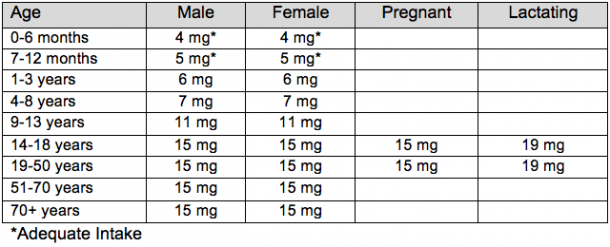 Source: Office of Dietary Supplements, National Institutes of Health
Source: Office of Dietary Supplements, National Institutes of Health
Which Foods Have Vitamin E?
Wheat germ is a stand-out vitamin E food source. Vegetable oils and nuts are also high vitamin E. Dark leafy greens, certain fish and cooked tomato products are also surprisingly good sources vitamin E.
Sunflower seeds
Almonds
Spinach
Marinara sauce
Sunflower oil
Safflower oil
Turnip greens
Hazelnuts
Tomato sauce and puree
Pine nuts
Beet greens
Cooked pumpkin
Swordfish
Peanuts
Sweet potatoes
Canola oil
Broccoli
Sweet peppers
Asparagus
Collard greens
Peanut oil
Corn oil
Olive oil
Raspberries
Blackberries
Soybean oil
Brazilnuts
Cooked beans (pinto, white)
Crab
Peaches
Mangos
Kale
Halibut
Salmon
Many ready-to-eat cereals are fortified with vitamin E, up to the full RDA for an adult in one serving
What Happens If You Don’t Get Enough Vitamin E?
Diet surveys show that average vitamin E intake from food is only about half of the Recommended Daily Allowance. Despite poor intake, outright deficiency of vitamin E is hard to identify in healthy people.
People who are severely malnourished or who have fat malabsorption disorders may develop vitamin E deficiency. Symptoms can range from poor immune function, neuropathies, muscle weakness and eye problems.
Because vitamin E is a key antioxidant and protects blood vessels and cell membranes, research has focused on whether higher intake of this vitamin can actually protect against or treat a variety of chronic diseases. Research has examined links between vitamin E and heart disease, immune function, eye disease, diabetes and dementia.
So far, evidence is lacking for any clear beneficial effect. The forms of vitamin E used in supplements are not always the same as natural forms found in food. In some studies, vitamin E supplements seemed to make diseases worse.
One study found that vitamin E supplements increase risk for hemorrhagic stroke. The best bet is to consume enough natural vitamin E from foods.


 Are you ready to look better, feel more energized, and get back that youthful feeling you remember having as a kid? I can help you on a journey that will change the way you eat — for good. My
Are you ready to look better, feel more energized, and get back that youthful feeling you remember having as a kid? I can help you on a journey that will change the way you eat — for good. My 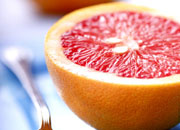














 As a healthy cooking expert, health coach and TV host,
As a healthy cooking expert, health coach and TV host, 
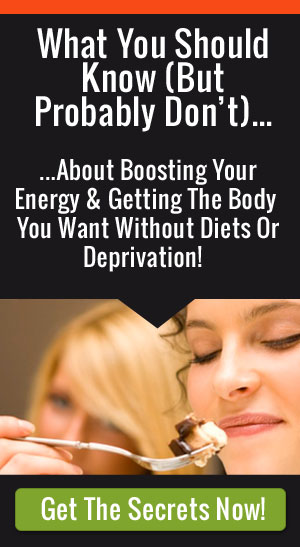

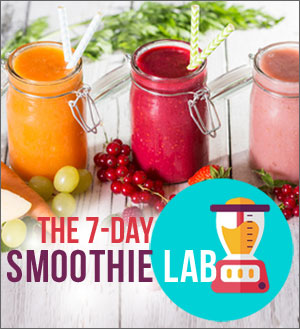
Speak Your Mind